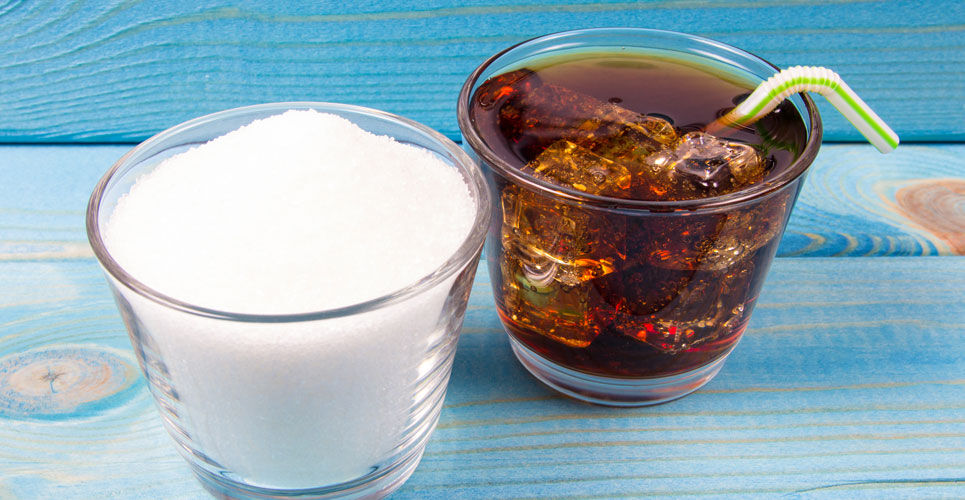Different beverages appear to affect all-cause mortality as well as cardiovascular disease incidence and mortality in type 2 diabetics
In data for 2021, globally, there were an estimated 537 million were living with diabetes. In addition, cardiovascular disease (CVD) is the main cause of death in those with type 2 diabetes (T2D). Moreover, sugar-sweetened and artificially sweetened beverages increase all-cause and CVD-related mortality. Nevertheless, the effect of different beverages on all-cause mortality and CVD risk in those with T2D is largely unknown. If is also unclear whether changes to beverage intake following a T2D diagnoses effects CVD risk.
In a recent BMJ study, researchers set out to establish the relationship between beverage intake and all-cause mortality in T2D. They also considered if a change in what people drank following their T2D diagnosis affected their subsequent CVD risk. Data were collected from two large US prospective studies (the Nurses’ Health Study and Health Professionals Follow-Up Study). The researchers set the primary outcome as all-cause mortality. Secondary outcome measures were CVD incidence and mortality.
Beverages and all-cause mortality
There were 15,486 men and women with a mean age of 61.3 years (73.6% female) who had a diagnosis of type 2 diabetes at baseline. These individuals were followed for an average of 18.5 years. During this time, 22.3% developed incident CVD and 49.3% died.
When comparing the highest and lowest drink intake, there was a 20% greater all-cause mortality risk for those drinking sugar-sweetened drinks (hazard ratio, HR = 1.20, 95% CI 1.04 – 1.37). In contrast, the all-cause mortality risk was significantly lower in those drinking higher amounts of coffee (HR = 0.74, 95% CI 0.63 – 0.86). This relationship was also apparent for tea (HR = 0.79), plain water (HR = 0.77) and low-fat milk (HR = 0.88). Higher intake of coffee also significantly lowered the risk of CVD incidence (HR = 0.82).
The researchers also considered the effect of changes to beverage intake after an individual had their T2D diagnosis. For example, replacing one serving/day of a sugar sweetened drink with coffee, gave rise to an 18% lower risk of all-cause mortality. Similar trends occurred with tea, plain water and low-fat milk.

